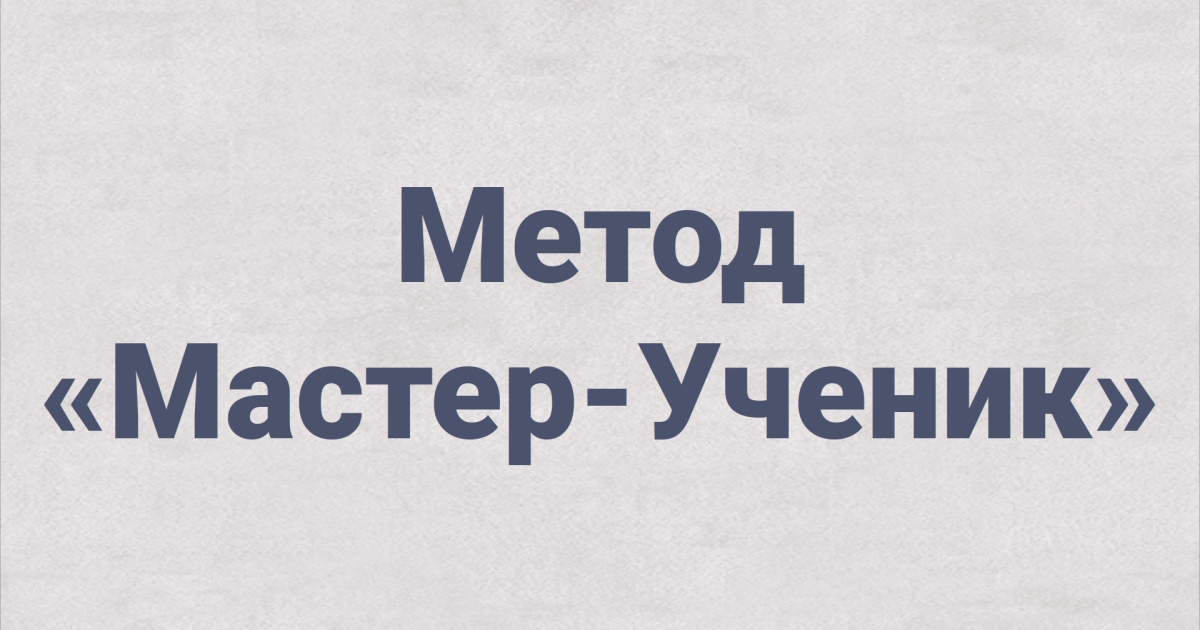
Autonomous non-profit organization «Center “Arctic Initiatives”» within the task of preservation of native languages of indigenous peoples of the North and scientific researchers of the Institute of Linguistics of the Russian Academy of Sciences conducted a joint project on popularization of the method «Master-Apprentice». Native speakers of Veps, Evenki, Khanty, and Dolgan languages participated in a project, as well as 4 volunteers interested in learning the respective languages.
The “Master-Apprentice” method is one of the most effective methods of language transfer from a native speaker (Master) to someone willing to learn the target language (Apprentice). Master and Apprentice study sessions take place in everyday settings (often at the Master’s house, but not necessarily) and are a kind of joint activity, accompanied by explanations and communication in the target language. Joint activities can be absolutely of any kind: traditional (for example, the production of traditional products, cooking national food), domestic (repair, cleaning, etc.) and so on. The main condition of the given method is that the Master accompanies each and every action of the Apprentice in the target language. An even more important condition is a high motivation of the Master to transfer and, in particular, high motivation of the Apprentice to learn the target language.
In addition to supporting and supervising educational lessons, the project’s objectives included popularising the method «Master-Apprentice» among the communities of Russia, stimulating language transfer within the community, scientific and methodical description of the Russian experience of the method.
The project lasted 3 months. Training meetings took place at least 2 times a week according to the schedule agreed by the Master and the Apprentice. Each meeting lasted at least an hour (or longer at the will and discretion of the team). For scientific and methodical support, a supervisor was assigned to each study pair from among the scientific staff of the Institute of Linguistics of Russian Academy of Sciences.Before the beginning of the main work, the project participants signed an agreement including informed consent to the collection and dissemination of personal data by all participants of the project (in accordance with the Federal Law of the Russian Federation of July 27, 2006,152-FL “About personal data”). In addition, an online installation seminar on the method “Master-Apprentice” was held, where all participants of the project received detailed information about the principles of work on this method and methodical recommendations.
The first meetings of the team were held in the presence of the supervisor (sometimes remotely) in the format of a tea party. Specific conditions of classes in pairs were discussed in these meetings, the level of proficiency in the target language of the Apprentice was also determined. After that the Master together with the supervisor developed a thematic plan for the first 3 study sessions. During the course of the project, such thematic planning was carried out regularly for 3 meetings in advance. In total, within three months each pair had about 24 meetings, after each the Master and the Apprentice filled in a convenient form (audio, video or written format) diary on questions provided by the supervisor. Near the end of the project, one of the classes was filmed on camera (by prior agreement with the study pair), and a video interview was held with the Master, the Apprentice and the supervisor of the pair to create promotional videos of CAI. At the end of the project, the final test of the Student’s knowledge of the target language was conducted and conclusions were made about the efficiency of the method in each study couple.
The result of the collaboration:
- Apprentice’s acquisition of the target language (to some extent).
- Practical work experience from being a Master or an Apprentice. The gained experience may be used in the further work of the language community to increase the number of speakers of the particular language.
- Accumulation of a set of data for scientific and methodical understanding of the application of the method when working with languages of Russia.
A series of promotional videos available for free on the website “Arctic Children”.